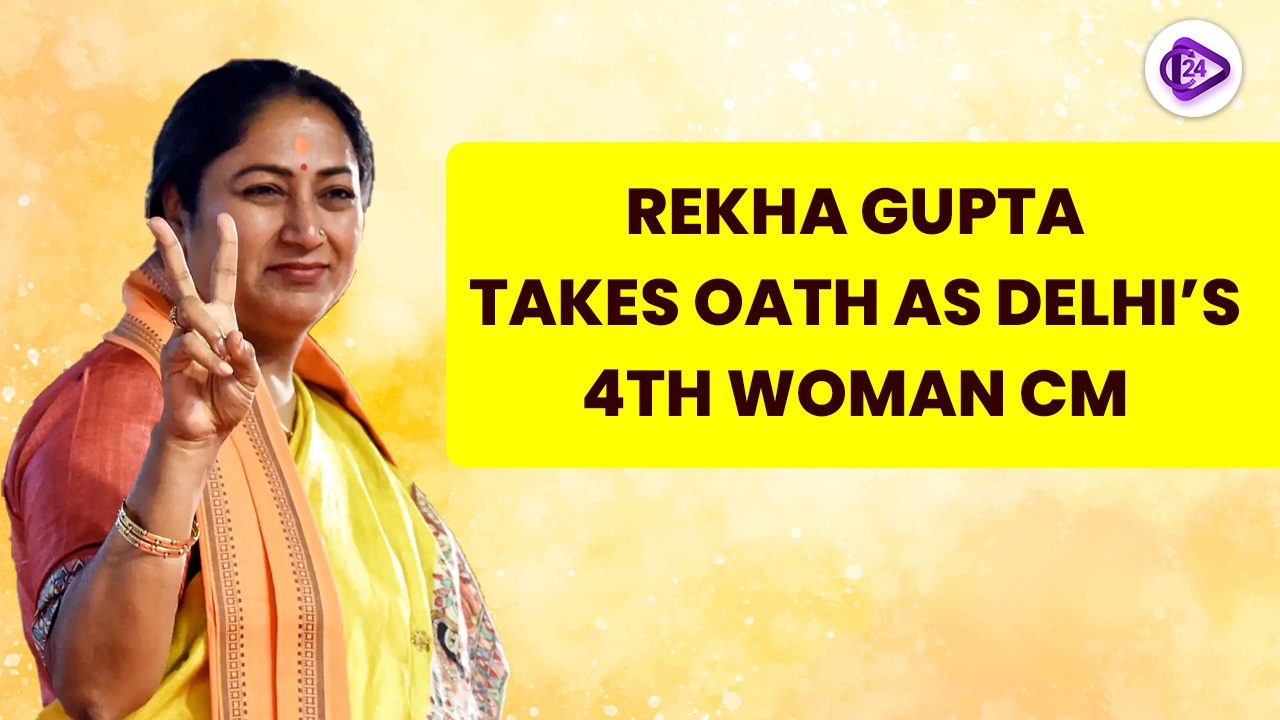
Political representation in Delhi shifted toward the Bharatiya Janata Party (BJP) when they gained 48 seats from a total of 70 seats in the Assembly elections. Rekha Gupta secured the Delhi Chief Minister position by unanimous decision after winning her first legislative party meeting as the Shalimar Bagh representative. Rekha Gupta became the fourth woman to lead Delhi’s government through its political history. Prime Minister Narendra Modi along with senior BJP leaders have been invited to attend her February 20 oath-taking ceremony at Ramlila Maidan.
Rekha Gupta’s Political Journey and Experience
-
The politician accumulated three terms of MCD councillorship which provided hands-on experience in grassroots governance.
-
Gupta came from an organization background rooted in RSS through its student wing ABVP so she holds positions within BJP's ideological principles.
-
The voters demonstrated a clear change in opinion by electing Soni with 29,595 more votes than she defeated Bandana Kumari from AAP.
Constitutional and Administrative Framework of Delhi
Special Status of Delhi under Article 239AA
-
The National Capital Territory (NCT) of Delhi possesses a special administrative framework under Article 239AA of the Indian Constitution which emerged through the 69th Constitutional Amendment Act of 1991.
-
The special constitutional framework gives Delhi status as a Union Territory that operates with a legislature while executive and judiciary function alongside executive restrictions.
-
The President of India through his appointment creates the Lieutenant Governor who holds special administrative powers.
Legislative Assembly and Powers
-
A total of 70 members serve as MLAs within the legislative assembly of Delhi through elections conducted by the populace.
-
The Assembly possesses authority to create regulations pertaining to matters in the State List and Concurrent List yet it lacks power over public order security or real estate which remains under central supervision.
-
The Chief Minister of the majority party in the Assembly becomes head of the Council of Ministers when providing advice to the LG.
-
The Government of National Capital Territory of Delhi Act, 1991 has established formal specifications concerning what authority both executive and legislative branches hold in Delhi.
Broader Implications and Analysis
Governance Challenges in Delhi
-
Previous Administrations displayed a key governance challenge due to the continuing power conflict between the elected government and the LG.
-
The priority areas for effective governance will include managing public transport as well as controlling pollution and building infrastructure.
Women's Leadership in Indian Politics
-
The CM position in Delhi has been held by four female government officials since its establishment.
-
Sheila Dikshit maintained the position of CM for the most extended period of time amounting to 15 years.
-
The position of CM first went to Sushma Swaraj who became the first woman to hold the role although her governance was brief and short-lived.
-
Rekha Gupta (2025) currently serves as the most recent woman Chief Minister of the BJP party.
-
The appointment of Rekha Gupta confirms that women deserve access to leadership positions.
-
The presence of women in governance positions enables better engagement of ladies in national policies.
Policy Announcements and Governance Priorities
-
Rekha Gupta announced on February 20th 2025 that the government she would lead in Delhi would distribute ₹2,500 every month to women to fulfill one of the BJP's main election commitments.
-
The support payments for eligible women will be reflected in their accounts by March 8, 2025 according to her promise.
-
The BJP adopted this policy as a response to AAP's ₹2,100 support promise with the dual goal of demonstrating better social programs and demanding accountability for the past AAP government.
National and Global Strategic Developments
-
The country advances its initiatives to support social justice and sustainable mining operations and renewable energy technologies.
-
India needs to intensify lithium mining cooperation efforts with Argentina to achieve full independence from renewable energy sources.
-
The continuous political stability managed by BJP in Delhi extends Delhi's national development goals and makes its administration more effective.
Conclusion
The Delhi Chief Minister position given to Rekha Gupta represents a major development that strengthens BJP's control of the capital. The mechanisms of governance in Delhi undergo progressive change because of constitutional established laws and court decisions. This development demonstrates both India's energy security objectives and urban development plans because it shows a commitment to inclusive leadership together with efficient governance. Coming years will provide a test to assess the performance of her leadership and its subsequent influence on lasting progress for Delhi.




 2nd Simolu Festival 2025: Celebrating Nature, Culture & Conservation in Assam
2nd Simolu Festival 2025: Celebrating Nature, Culture & Conservation in Assam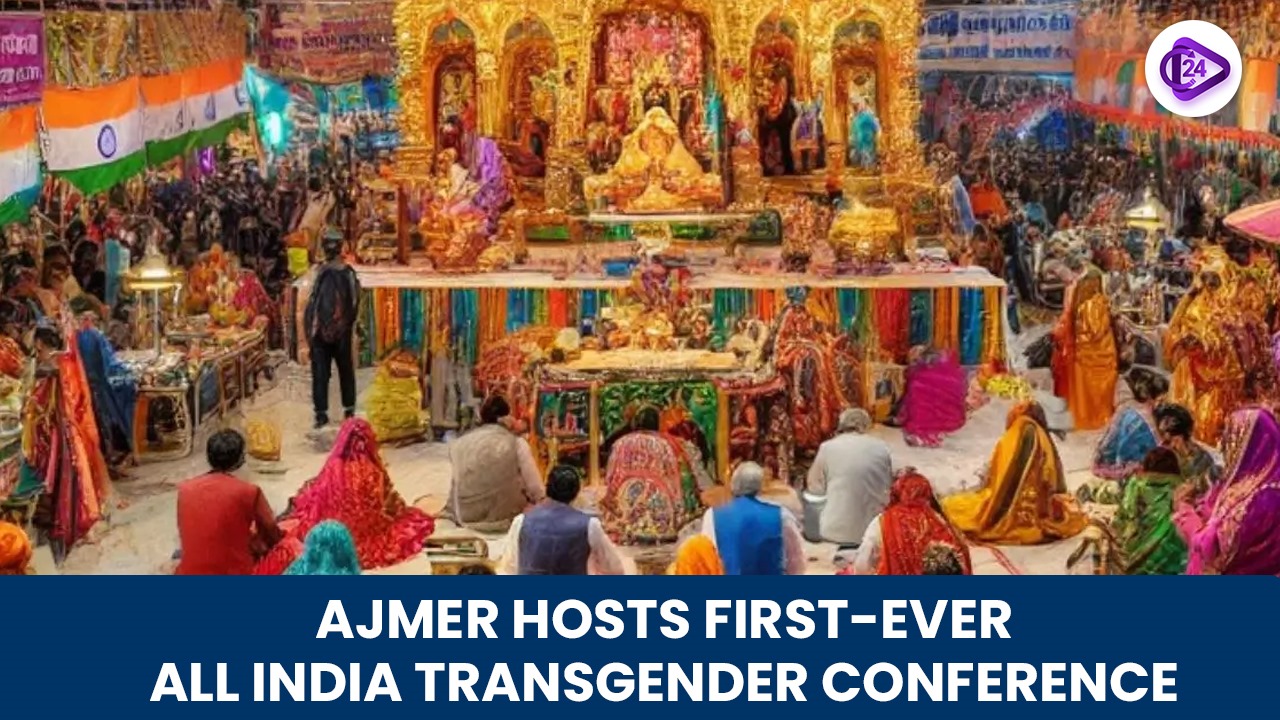 Ajmer Hosts First-Ever All India Transgender Conference
Ajmer Hosts First-Ever All India Transgender Conference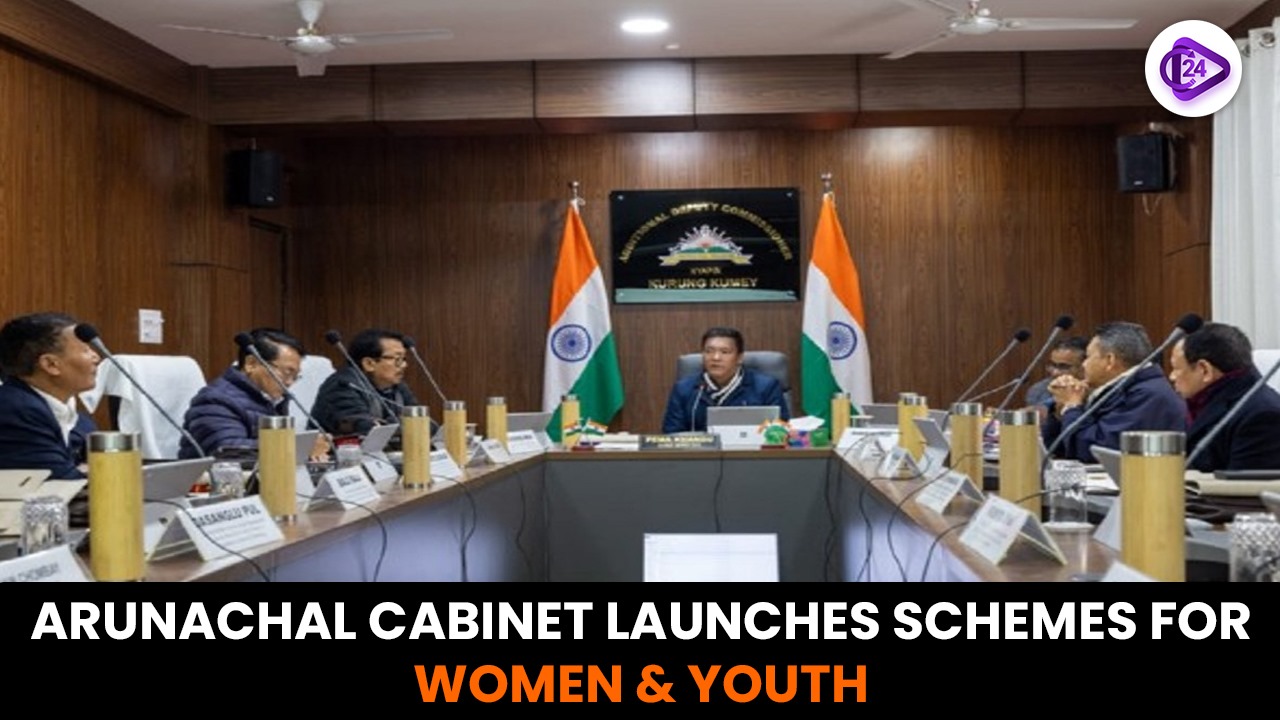 Arunachal Cabinet Unveils Key Schemes for Women, Youth & Development
Arunachal Cabinet Unveils Key Schemes for Women, Youth & Development Aravali Safari Park Project Introduced the the Haryana Government
Aravali Safari Park Project Introduced the the Haryana Government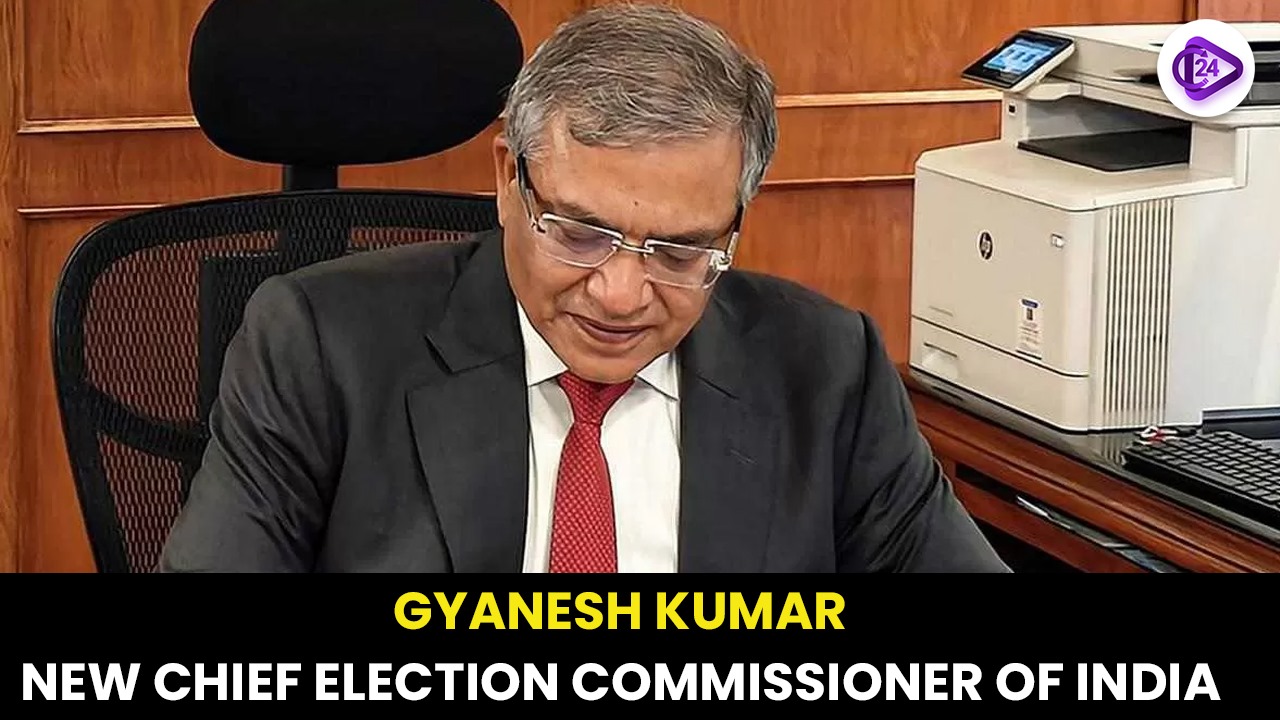 Gyanesh Kumar Appointed as the Chief Election Commissioner (CEC)
Gyanesh Kumar Appointed as the Chief Election Commissioner (CEC)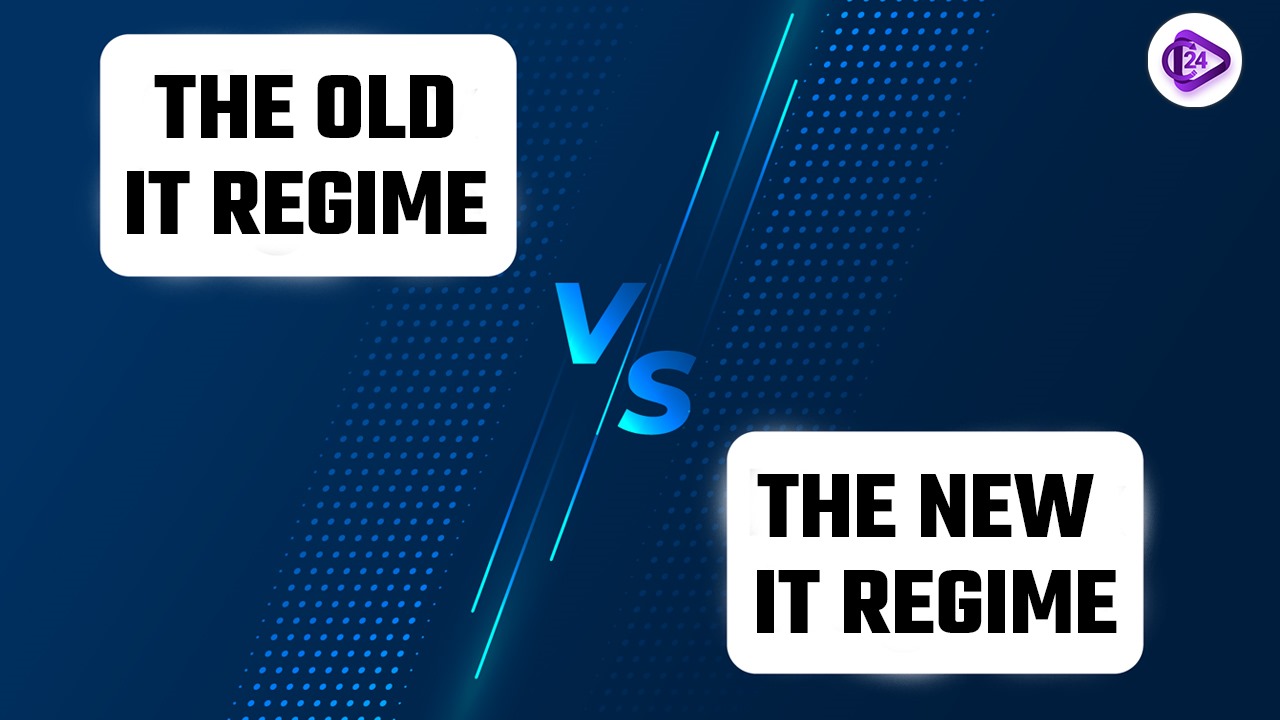 Understanding the Old vs. New Income Tax Regimes: A Guide to Choosing the Best Option
Understanding the Old vs. New Income Tax Regimes: A Guide to Choosing the Best Option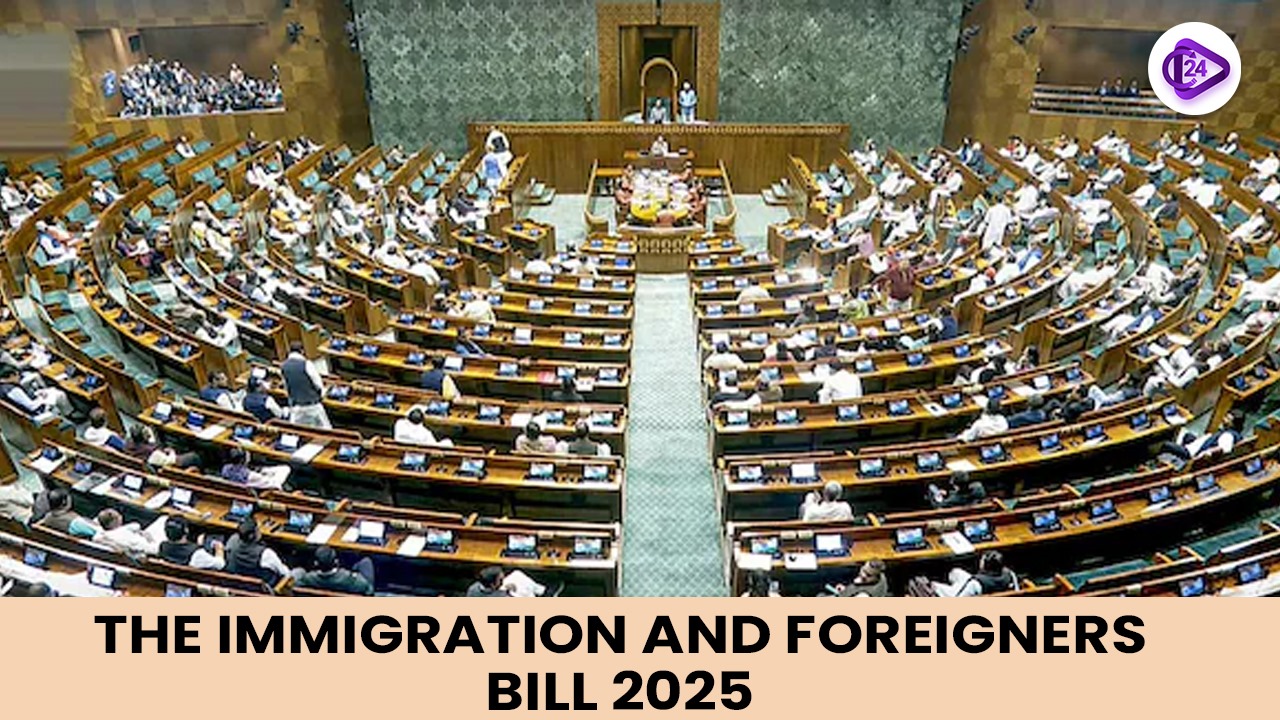 The Immigration and Foreigners Bill 2025: A Modern Legal Framework for Immigration
The Immigration and Foreigners Bill 2025: A Modern Legal Framework for Immigration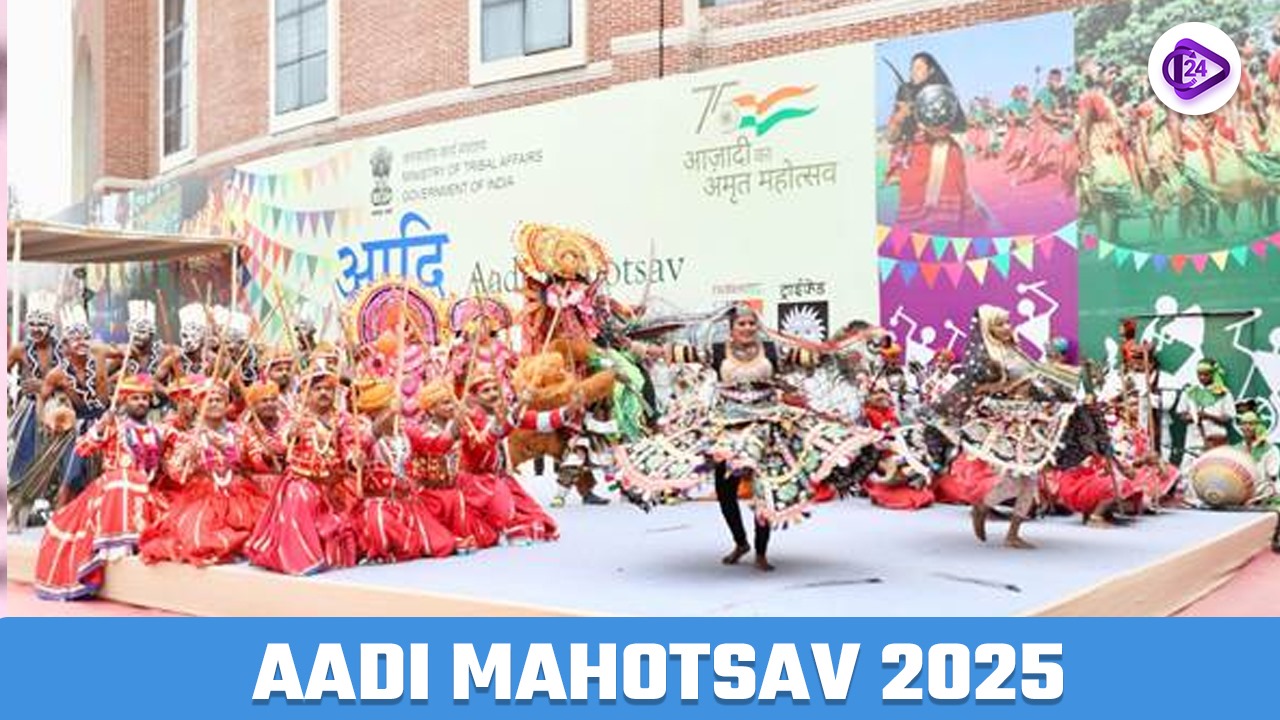 Aadi Mahotsav 2025 – A Grand Celebration of Tribal Heritage
Aadi Mahotsav 2025 – A Grand Celebration of Tribal Heritage PM Modi's Address at Bharat Tex 2025, A Global Textile Platform
PM Modi's Address at Bharat Tex 2025, A Global Textile Platform






